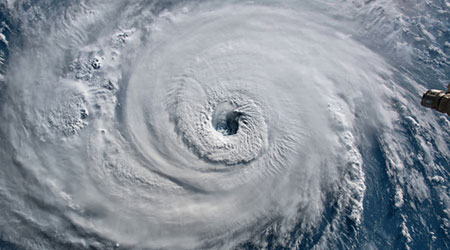Leaders at medical centers in regions affected by natural disasters say their experience with previous disasters and COVID-19 has helped them manage national disasters, according to an article on the Association of American Medical Colleges website.
The COVID-19 pandemic, has made this year’s storm responses different.
To maintain appropriate social distancing, healthcare facilities blocked off extra space as sleeping areas for staff. Some had to close outdoor COVID-19 testing sites because of the dangerous conditions.
For instance, as wildfires spread across Oregon in early September and forced some hospitals to evacuate.
The University of Washington, was in communication with hospitals throughout Washington state, Oregon, and Alaska to coordinate a plan to help if needed. They developed a statewide coordination center for COVID. They were able to activate that same emergency management system to react to the crisis arising from the fires.
Hospital leaders also should be coordinating with other emergency response agencies in their area, according to an article on the Advisory Board website.
One lesson that came out of Katrina was the need for a cross-jurisdictional involvement in terms of how multiple agencies and hospitals came together.
Also important — setting up shelters for vulnerable and/or electric-dependent populations.
In the event of a hurricane, current Covid operations/facilities could be expanded as needed. Doing so might allow the hospitals to remain intact and operational if an evacuation order is not issued.
Read the full Association of American Medical Colleges article.

 Healthcare and Resilience: A Pledge for Change
Healthcare and Resilience: A Pledge for Change Texas Health Resources Announces New Hospital for North McKinney
Texas Health Resources Announces New Hospital for North McKinney Cedar Point Health Falls Victim to Data Breach
Cedar Point Health Falls Victim to Data Breach Fire Protection in Healthcare: Why Active and Passive Systems Must Work as One
Fire Protection in Healthcare: Why Active and Passive Systems Must Work as One Cleveland Clinic Hits Key Milestones for Palm Beach County Expansion
Cleveland Clinic Hits Key Milestones for Palm Beach County Expansion